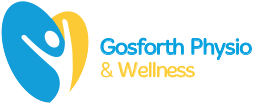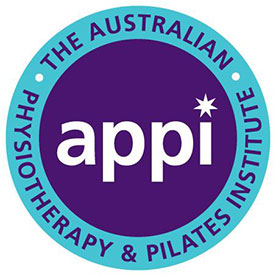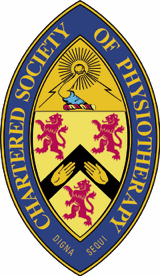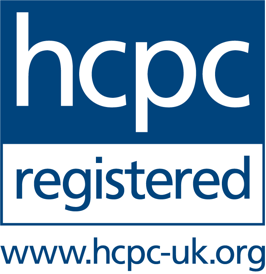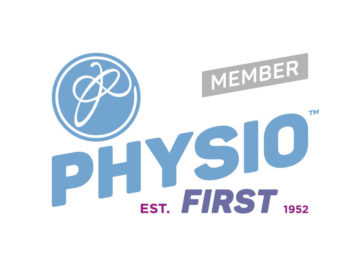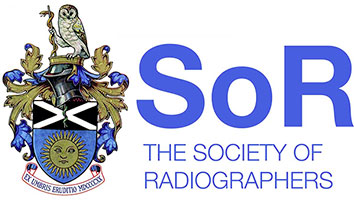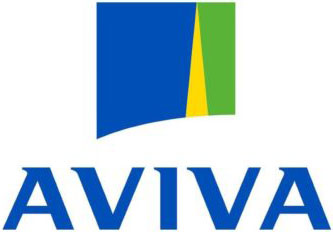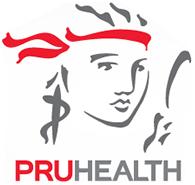.jpg)
Stress, Pain and Dysfunction (Part 1)
Pain and dysfunction are commonly linked with stress and anxiety. Consider the term; ‘you take the weight of the world on your shoulders,’ it obviously refers to stress on the individual. Stress can lead to shallow, rapid breathing patterns (over breathing) in the upper chest. The upper chest is not designed for this continued use. The chest muscles in the upper part are only meant to be used from time to time during increased activity levels; their main function is to support the neck and head. We should be utilising the muscles between our ribs (inter-costal muscles) to breathe correctly.
When we breathe correctly using the inter-costal muscles, we draw in lots of oxygen, using small appropriate muscles for the task. We then feed this large amount of oxygen to our brain and muscles to allow us to function correctly. Tension and pain that occurs in the neck, can then lead to headaches. This is due to the upper chest and neck muscles being used incorrectly when breathing. The large muscles (upper-trapezius, levator scapular, pectoralis minor) work very hard to bring in smaller amounts of oxygen (the muscles energy). They then become quickly fatigued, tight and eventually lead to pain and headaches.
As pain is experienced, the brain subconsciously drives us to subtly place our shoulders in an off-loaded (up and forward) position. This leads to long term (chronic) postural (muscle imbalance) dysfunction which then drives the vicious circle of pain, dysfunction and maladaptiveness. This is the nervous systems (poor) attempt to reduce the pain that the brain is actually transmitting! Damned brain! In our first blog we discussed pain – please refer to this again if you want to understand maladaptiveness. Future blogs will discuss chronic / persistent pain, stress and the chemicals involved in their role in pain.
